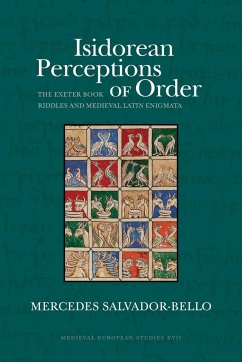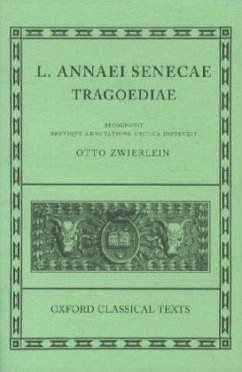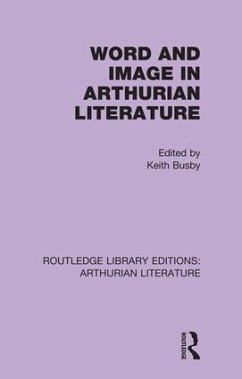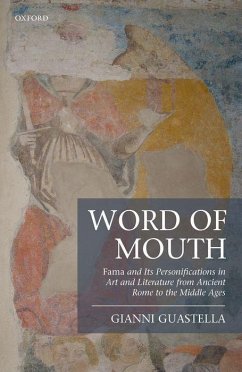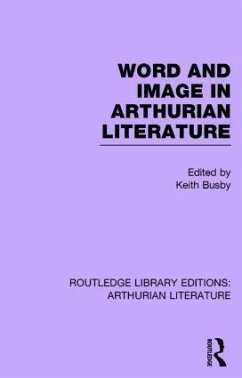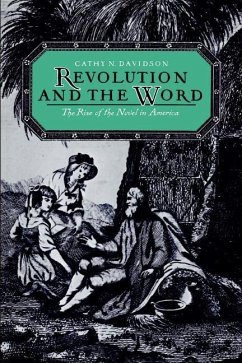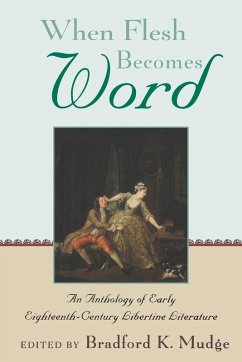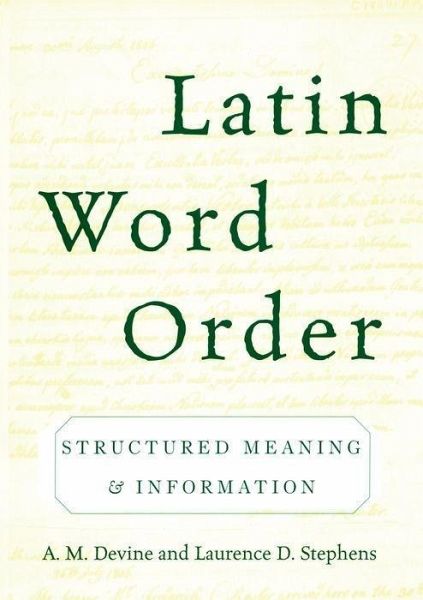
Latin Word Order
Structured Meaning and Information

PAYBACK Punkte
91 °P sammeln!
Word order is not a subject anyone reading Latin can afford to ignore: apart from anything else, word order is what gets one from disjoint sentences to coherent text. Reading a paragraph of Latin without attention to the word order entails losing access to a whole dimension of meaning, or at best using inferential procedures to guess at what is actually overtly encoded in the syntax. This book begins by introducing the reader to the linguistic concepts, formalism and analytical techniques necessary for the study of Latin word order. It then proceeds to present and analyze a representative sele...
Word order is not a subject anyone reading Latin can afford to ignore: apart from anything else, word order is what gets one from disjoint sentences to coherent text. Reading a paragraph of Latin without attention to the word order entails losing access to a whole dimension of meaning, or at best using inferential procedures to guess at what is actually overtly encoded in the syntax. This book begins by introducing the reader to the linguistic concepts, formalism and analytical techniques necessary for the study of Latin word order. It then proceeds to present and analyze a representative selection of data in sufficient detail for the reader to develop both an intuitive grasp of the often rather subtle principles controlling Latin word order and a theoretically grounded understanding of the system that underlies it. Combining the rich empirical documentation of traditional philological approaches with the deeper theoretical insight of modern linguistics, this work aims to reduce the intricate surface patterns of Latin word order to a simple and general crosscategorial system of syntactic structure which translates more or less directly into constituents of pragmatic and semantic meaning.




